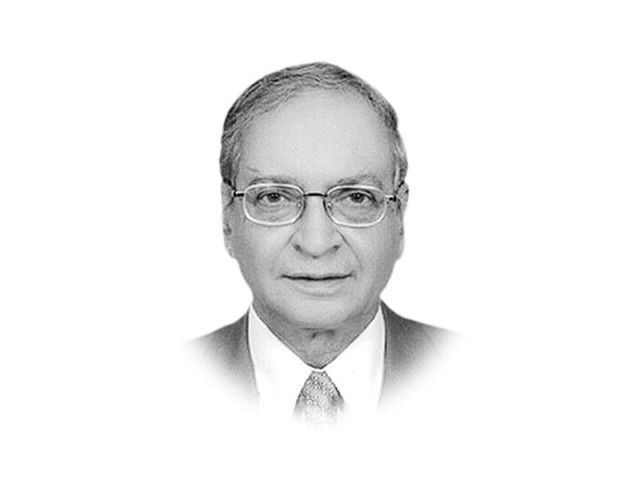Imran Khan and the Bihar model
Following the Bihar model and the Nitish-style merit emulation can lead to a turnaround by PTI administration in K-P.

The writer is a former ambassador and currently the executive director of Centre for International Strategic Studies
For a long time, the Indian state of Bihar had languished in squalor, plagued by internecine conflict and fighting between Hindus and Muslims, in which armed militia wreaked havoc, aided and abetted by a corrupt and politicised police and bureaucracy. The state was ruled by an incompetent and dishonest, but populist politician, Lalu Prasad Yadav, who ran the state for 15 years and did little to address the woes of the people. A New York Times report described the situation of the time thus: “Criminals could count on the police for protection, not prosecution. Highwaymen ruled the shredded roads and kidnapping was one of the state’s most profitable businesses. Violence raged between Muslims and Hindus, between upper castes and lower castes. Its economy, peopled by impoverished subsistence farmers struggling through alternating floods and droughts, shrivelled. Its government, led by politicians who used divisive identity politics to entrench their rule, was so corrupt that it required a newly-coined phrase: the Jungle Raj.”
All this changed in 2005. Kumar won the election by putting together an electoral alliance that defeated the long-time chief minister, Lalu Prasad Yadav. Then, he went ahead to deal with crime first. Orders were given that the law would be enforced and criminals would be punished along with dissenting police and civil servants, irrespective of political affiliations or connections, and this policy was carried out, without fear or favour. Then came schools and hospitals, which were all straightened out and made fully operational. Kumar next tackled the bureaucracy, instituting simplified rules for development expenditure, coupled with proper monitoring and removal of incompetent and dishonest officials. By 2010, Bihar had recorded an average growth rate of a whopping 11 per cent, making it the second fastest growing economy in India. As a result, the people of Bihar, who eschewed violence and conflict, began to have plentiful jobs, decent living, and roads, schools and hospitals. The growth rate of Bihar, since 2010, has been steadily rising and achieved an astounding 16.7 per cent in 2011-12 and is projected to continue rising by 13 per cent for the next five years or so.
It is good that Imran and his team are aware of the Bihar turnaround. Following the Bihar model and the Nitish-style merit emulation can lead to a turnaround by the PTI administration in K-P. This can prove to be a pathway to well-being and prosperity for its population. Of course, the problems in Imran’s domain may be more difficult to overcome, given the added complications of the uncertainty in Afghanistan, especially during the 2014 transition, and its possible spillover effects in K-P, which adjoins that country. Then there is the problem of finding finances to bring about the necessary reforms and reconstruction. Moreover, the PTI-nominated chief minister may not be of the same mettle as Kumar, nor the bureaucracy as amenable to change as it was in Bihar. But the effort is worth making. The PTI’s plus point is that it has no baggage to carry. It has made its first government and is starting with a blank slate. It enjoys the goodwill of the people, and more important, the credibility of being a newcomer in politics. It has, therefore, the locus standi of bringing about change in a manner that no other political party in Pakistan has.
Published in The Express Tribune, June 13th, 2013.
Like Opinion & Editorial on Facebook, follow @ETOpEd on Twitter to receive all updates on all our daily pieces.















COMMENTS
Comments are moderated and generally will be posted if they are on-topic and not abusive.
For more information, please see our Comments FAQ